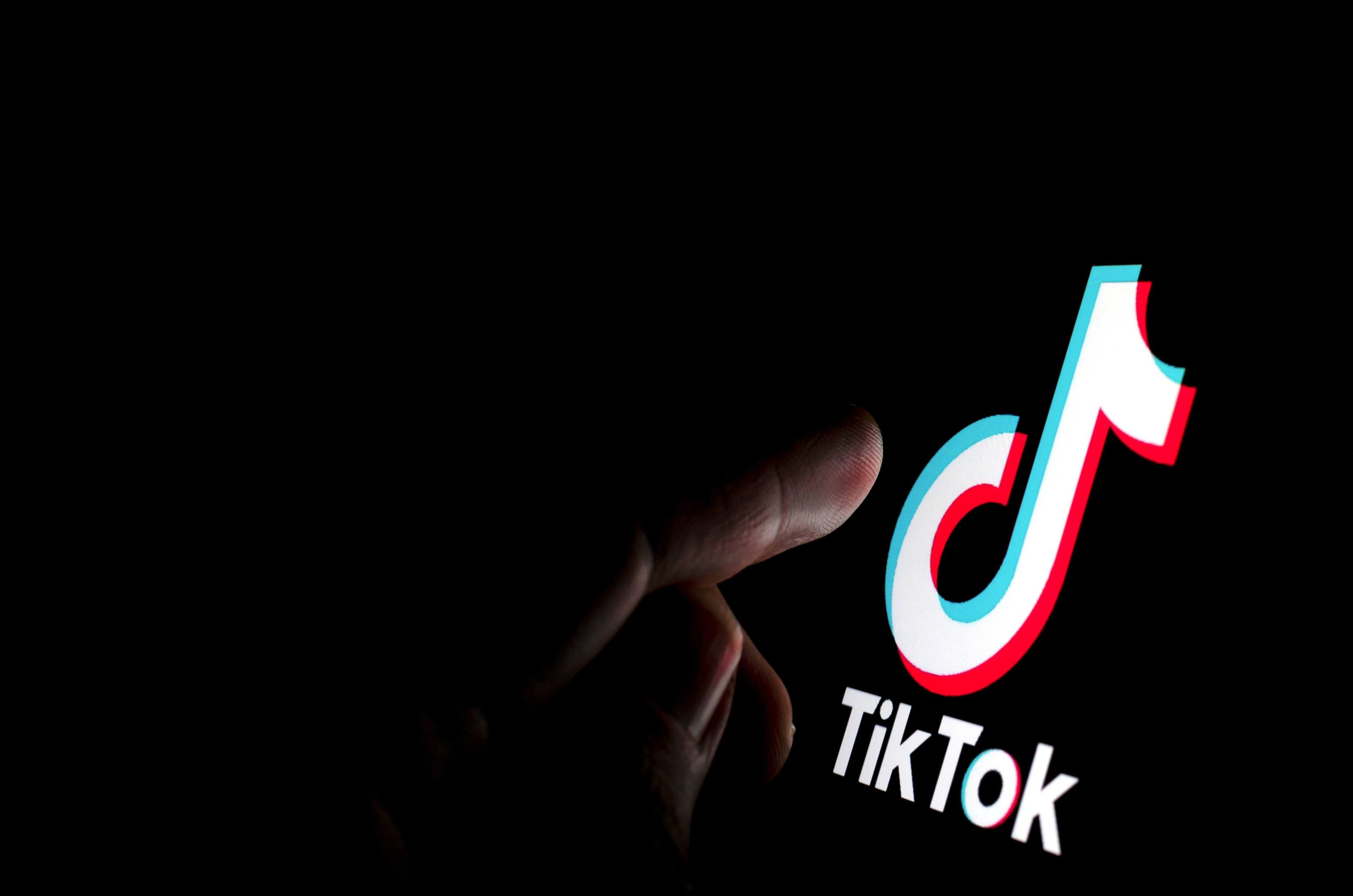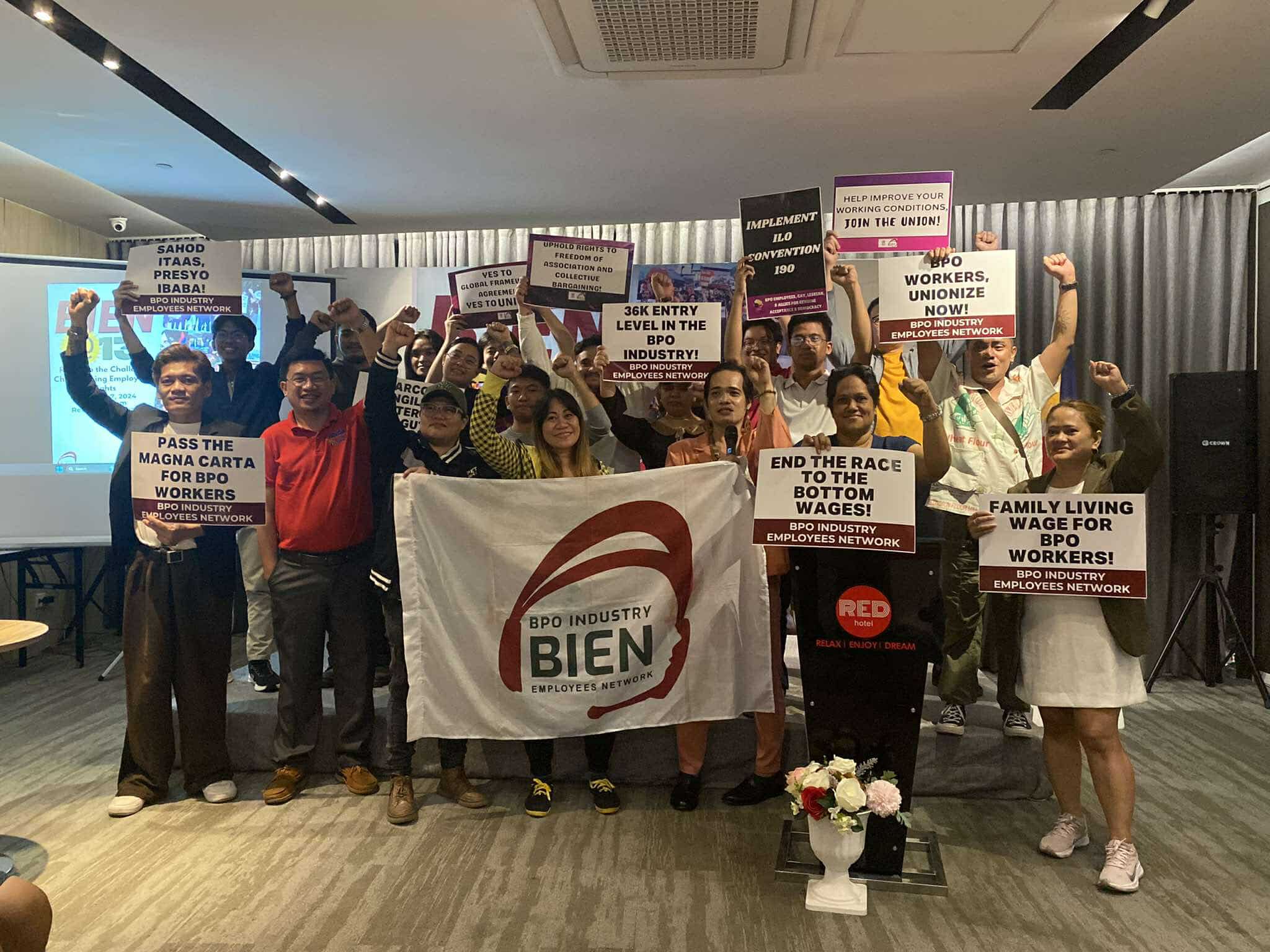In a coordinated smear campaign against Filipino-British personality Maggie Wilson, various TikTok influencers were exposed for being paid to troll her and her company. Wilson’s disinformation battle is a striking illustration of the crisis of trust that proliferates in our information landscape.
With TikTok becoming a platform where disinformation reigns, owing to microinfluencers exploiting audience’s trust to propagate falsehood, truth-seeking efforts led by legitimate news outlets and organizations are further undermined in information ecosystems.
In 2022, Pulse Asia found that 40 percent of Filipinos view journalists as sources of deceptive content, reflecting the public's low trust in Philippine media. As trust in news organizations continues to erode, audiences increasingly seek alternative sources they can rely on. Microinfluencers play a pivotal role in filling that trust vacuum.
Content creators openly acknowledging they accepted fees in exchange for the spread of fabricated information sheds light on the tactics employed by purveyors of disinformation. They finance influencers in recognition of their effectiveness in manipulating people’s beliefs.
TikTok’s personalized algorithms effectively trap audiences within echo chambers. Their content, framed in a relatable manner, are perceived as credible sources of information by audiences because of their “own careful research.” This manufactured authenticity becomes harmful due to influencers’ lack of accountability, unrestrained by any mandate to uphold journalistic standards.
With the nature of trust given to influencers being more evident, the state and elite take advantage of microinfluencers to work for their agenda. Such can be seen with propaganda on the Marcoses on TikTok. During the smear campaign against Wilson, several internet users observed that the influencers who used to campaign against her were the same ones deploying narratives about the Marcos family’s achievements and services.
The rise of disinformation networks on TikTok sharpens Filipinos' distrust in news outlets. The trust given to influencers is bound to continue because of the anti-press culture fostered by the past administration that continued under President Ferdinand Marcos Jr.’s administration.
Distrust in media, fueled by anti-media rhetoric from past and present administrations, risks undermining the credibility and influence of reputable news sources and journalists, thus endangering democracy. As the administration works to obscure its true agenda from Filipinos, it provides information that impairs citizens’ ability to make informed decisions.
With the Marcoses successfully rising in power partly through microinfluencers espousing a family-centric and angle of victimization on them, maintaining disinformation networks is key to preserving their power. Consequently, the continuous use of these tactics will not only whitewash the Marcos family but also continue to harm journalists and news outfits.
Maintaining disinformation networks involves suppressing critical voices. This mistrust in the media legitimizes violence against them by portraying them as adversaries. Under the current administration, 94 cases of media attacks have already been documented, ranging from intimidations to killings.
Disinformation online will take more than regulation and user accountability for long-term solutions. Media practitioners must be braver in their reportage and work on exposing the disinformation systems that erode public trust in media. Additionally, repairing trust in journalists and news outlets calls for a grassroots strategy empowering audiences to be more discerning through early-age media literacy education and responding to the type of information and platforms communities are inclined to consume. ●
First published in the October 20, 2023 print edition of the Collegian.







